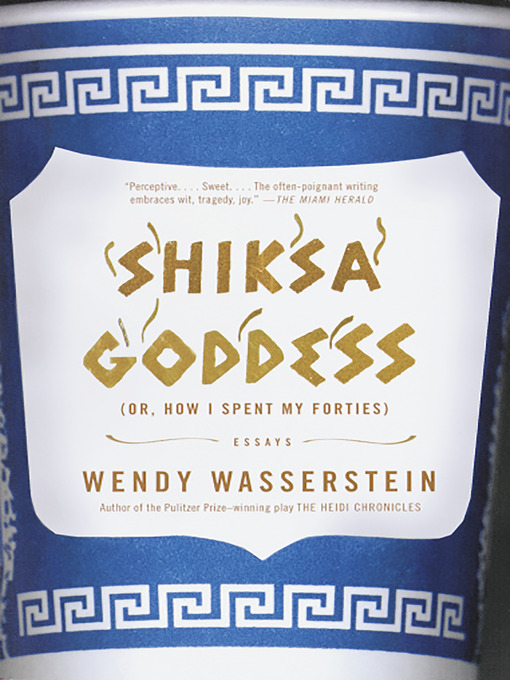- Curl Up with a Cozy Read
- Erin Go Bragh
- Ramadan Mubarak!
- Judge These Books By Their Covers
- All-Access Romance
- Mad for Manga!
- Black History Month Picks
- Cozy Animal Mysteries
- Coming to America
- Local Authors and Illustrators
- Mother Continent
- Planes, Trains, and Automobiles (and Boats!)
- Tour of America
- See all ebooks collections
- Curl Up with a Cozy Read
- Erin Go Bragh
- Ramadan Mubarak!
- Judge These Books By Their Covers
- Black History Month Picks
- Cozy Animal Mysteries
- Coming to America
- NY Times Fiction Best Seller List: 2015
- Local Authors and Illustrators
- Mother Continent
- Tour of America
- California Dreamin'
- Monster Mash
- See all audiobooks collections
- Home & Garden
- Cooking & Food
- Fashion
- News & Politics
- Sports
- Celebrity
- Business & Finance
- Kids & Teens
- Science
- See all magazines collections


